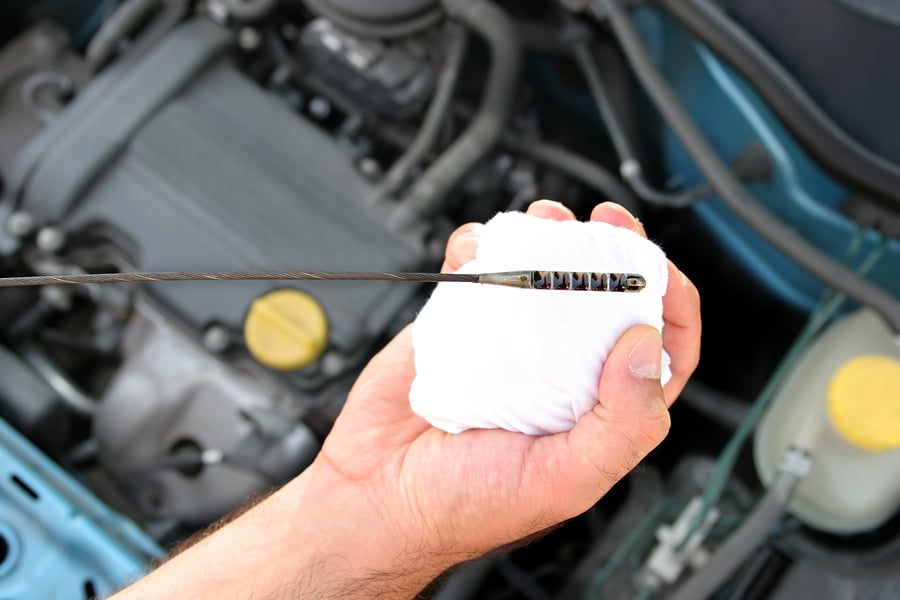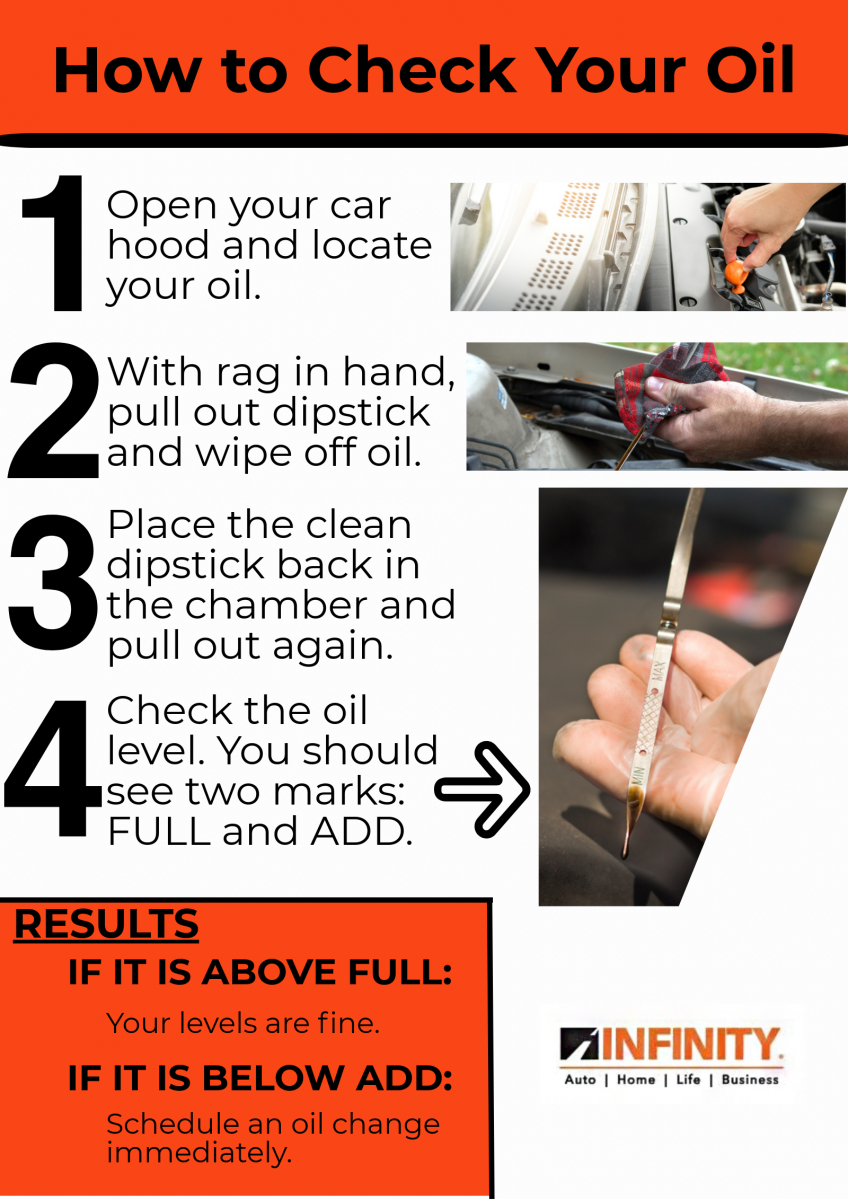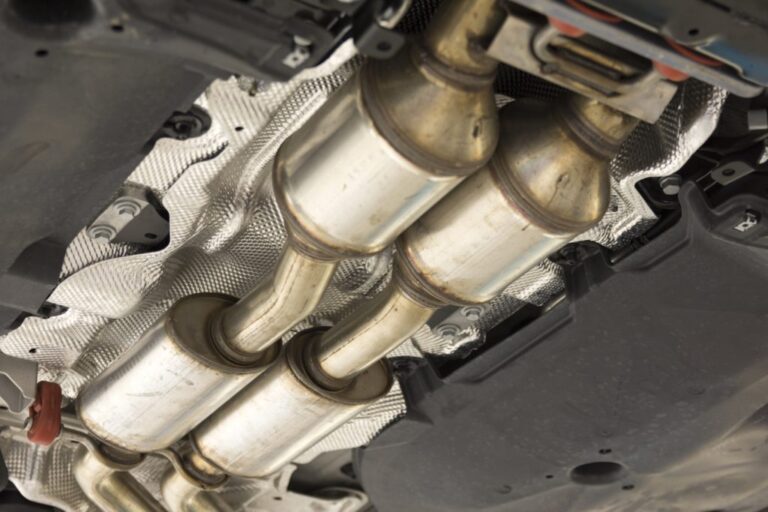How to Know If Car Need Oil Change
To determine if your car needs an oil change, check the oil level and color regularly. Listen for any engine noise or rough idling.
Maintaining a proper oil change schedule is crucial for your vehicle’s health and performance. Not changing the oil as needed can cause engine damage and potentially lead to costly repairs. Understanding the signs that indicate your car needs an oil change will help you keep your vehicle running smoothly and avoid any major issues down the road.
By paying attention to these signs and acting promptly, you can ensure your car stays in optimal condition for the long term.

Credit: www.hollenshades.com
Why Regular Oil Changes Are Important
Regular oil changes are vital to the overall health and longevity of your vehicle. It’s easy to underestimate the importance of this simple maintenance task, but neglecting oil changes can lead to costly engine damage and reduced fuel efficiency over time. Understanding why regular oil changes are essential can help you stay proactive in caring for your car’s engine.
Engine Lubrication
Fresh oil is essential for proper engine lubrication. As oil circulates through the engine, it coats moving parts and reduces friction. Without adequate lubrication, engine components can wear down more quickly, leading to potential breakdowns and costly repairs.
Prevent Engine Wear And Tear
Regular oil changes help to prevent engine wear and tear. Over time, oil can break down and become contaminated with debris, leading to increased friction and heat within the engine. This can cause premature wear on vital components, such as pistons and bearings, ultimately compromising engine performance.
Maintain Fuel Efficiency
Quality motor oil plays a significant role in helping your vehicle maintain fuel efficiency. Dirty or old oil can impede engine function, leading to increased fuel consumption. By ensuring that your car has clean, fresh oil, you can maximize fuel economy and minimize unnecessary fuel costs.
Signs That Indicate The Need For An Oil Change
Signs that Indicate the Need for an Oil Change
Low Oil Level
If you notice the oil level is below the minimum mark on the dipstick, it is an urgent sign that your car needs an oil change.
Dirty Or Dark Oil
Inspect your oil and if it appears dirty or dark, it suggests contaminants have built up, indicating the need for an oil change.
Engine Noises Or Knocking Sounds
Strange noises coming from the engine, such as knocking sounds, can indicate that the oil is old and not lubricating properly.
How Often Should You Change Your Car’s Oil
How Often Should You Change Your Car’s Oil
Follow Manufacturer’s Recommendations
Consult your car’s manual for guidance on oil change intervals.
Consider Driving Conditions
Severe driving conditions may require more frequent oil changes.
Check The Oil Yourself
Regularly monitor your oil level and quality using the dipstick.

Credit: www.infinityauto.com
Steps To Check Oil Level And Quality
To maintain the health and performance of your car, it’s crucial to regularly check the oil level and quality. By following a few simple steps, you can ensure that your vehicle’s engine is well-lubricated and functioning smoothly. Below, we outline the process for checking the oil level and quality of your car.
Park The Car On A Level Surface
Before conducting an oil check, ensure that your car is parked on a level surface. This step is important as it allows the oil to settle uniformly in the engine, providing an accurate measurement.
Locate The Oil Dipstick
Open the hood of your car and locate the oil dipstick. It is usually a brightly colored handle located near the engine. Carefully remove the dipstick from its housing, making sure to wipe it clean with a cloth to get an accurate reading.
Check The Oil Level
Insert the clean dipstick back into its housing, then remove it again to check the oil level. The dipstick will have markings indicating the optimal oil level. Ensure that the oil level falls within the designated range to prevent issues such as engine damage or overheating.
Inspect The Color And Consistency
Upon removing the dipstick, inspect the color and consistency of the oil. Fresh, healthy oil should have a translucent amber hue and a smooth, slightly viscous texture. If the oil appears dark, gritty, or sludgy, it may be time for an oil change.
Benefits Of Regular Oil Changes
Regular oil changes provide a multitude of benefits for your car. By keeping the oil clean and fresh, you can ensure optimal engine performance, improve fuel efficiency, and extend the lifespan of your vehicle. Knowing when your car needs an oil change is crucial in maintaining its overall health and longevity.
Regular oil changes are vital for maintaining the health and longevity of your car’s engine. By keeping your engine properly lubricated, oil changes offer a range of benefits that can help your car perform at its best and save you money in the long run.
Longer Engine Life
By implementing regular oil changes, you can extend the life of your car’s engine. Oil acts as a protective barrier between moving engine parts, preventing friction and wear. Over time, however, oil becomes dirty and less effective, leading to increased friction and potential damage to the engine. By changing the oil and oil filter regularly, you ensure that your engine stays properly lubricated, reducing the risk of excessive wear and tear. This can result in a significantly longer lifespan for your car’s engine, saving you from costly engine repairs or replacement.
Improved Performance
A well-lubricated engine performs better, and regular oil changes play a crucial role in maintaining optimal engine performance. Clean oil reduces friction, allowing the engine components to move smoothly and efficiently. Increased lubrication also helps prevent overheating, which can cause major performance issues. By keeping your engine properly lubricated and cool, regular oil changes contribute to improved acceleration, smoother shifting, and overall better performance. Whether you’re on a road trip or just running errands, regular oil changes ensure your car operates at its peak performance level.
Reduced Maintenance Costs
While regular oil changes do require some investment, they can actually save you money in the long run by reducing maintenance costs. When the oil becomes dirty and ineffective, it can lead to harmful deposits and sludge buildup in the engine. This can diminish engine performance and potentially lead to costly repairs or part replacements. By changing the oil and filter regularly, you prevent these issues from occurring, reducing the likelihood of engine damage and the need for expensive repairs. Additionally, regular oil changes can improve fuel efficiency, saving you money at the pump. The small cost of regular oil changes pales in comparison to the potential savings in terms of maintaining a well-functioning engine and avoiding costly repairs.

Credit: www.thomasnissanjoliet.com
Frequently Asked Questions Of How To Know If Car Need Oil Change
How Do I Know When My Car Needs Oil Changed?
You’ll know it’s time for an oil change when the maintenance indicator lights up. Check the owner’s manual for the recommended oil change intervals. Additionally, you may also consider the mileage driven and the oil’s color and texture. Regular oil changes are crucial for maintaining your car’s performance.
How Long Can You Go Without An Oil Change?
It’s generally recommended to change your oil every 5,000 to 7,500 miles. Skipping oil changes can lead to engine damage.
How Does A Car Know When Oil Change Is Due?
A car’s oil change reminder is based on mileage and engine data stored in the vehicle’s computer system.
What Happens If You Don’t Change Your Oil?
Neglecting oil changes causes engine damage due to increased friction, heat, and wear. Dirt and sludge can also accumulate, leading to decreased performance and potential breakdowns. Regular oil changes are crucial to maintain engine health and extend its lifespan.
Q: How Often Should I Change My Car’s Oil?
A: Most manufacturers recommend an oil change every 3,000 to 5,000 miles or every 3 to 6 months.
Q: What Are The Signs That My Car Needs An Oil Change?
A: Look for indicators like low oil level, dark and dirty oil, engine knocking, or a check engine light.
Q: Can I Go Longer Without Changing My Car’s Oil?
A: It’s not recommended, as ignoring oil changes can lead to engine damage and reduce fuel efficiency.
Conclusion
It’s essential to keep an eye on your car’s oil level and quality. Regular oil changes will keep your engine running smoothly and extend its lifespan. By paying attention to the warning signs and following the manufacturer’s guidelines, you can maintain your car’s performance and avoid costly repairs.
Stay proactive and take care of your vehicle to ensure a safe and efficient driving experience.


